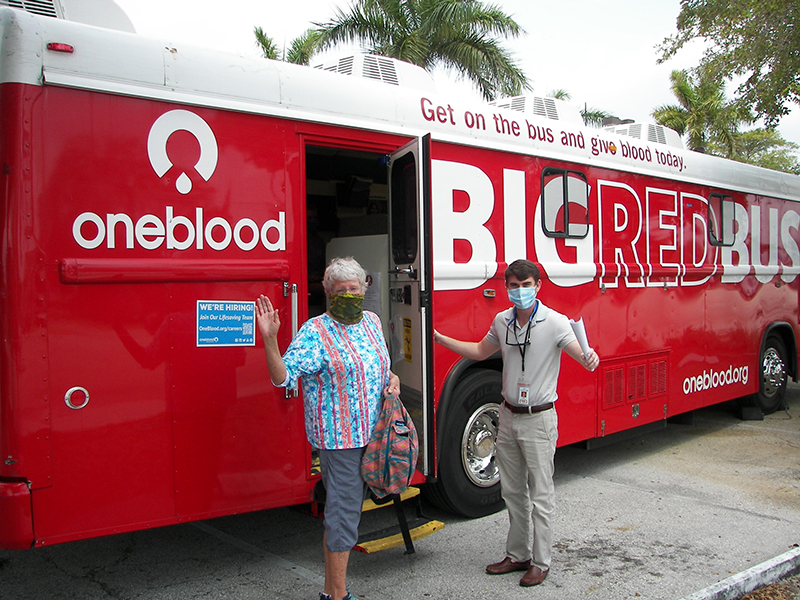There’s a stream of bad news from businesses amid the pandemic, but public relations professionals have plenty of ideas on how to cope.
Start by planning and keeping your cool, says Todd Templin, a principal and executive vice president at BoardroomPR in Plantation.
“In the midst of all of the heat and stress of the daily coronavirus updates, it’s important for companies to have a strong communications policy in place. Messages to clients/customers and employees should be clear and concise that show you are in control and staying abreast of all virus updates,” he says.
It’s important to consider the tone of your messages, he says. “Notices to clients should show compassion for the situation and for any hardships they may be facing, and to let them know that you are there for them in any way.”
As evidenced by the articles and webinars listed on SFBWmag.com and its daily COVID-19 newletter, Templin says there is a public thirst for guidance and expert opinion to help them run their business.
“Consider writing advice pieces to share or host a webinar. If appropriate, share this content on your social media channels, so others can benefit,” he says.
Anticipate that there may be situations where a business is spotlighted in a negative way, which creates a need for “crisis management” commuications.
“If it’s made public that your company has an employee with the virus, you may get a barrage of calls from the media who want answers,” Templin says. “Don’t work up responses under duress. Start thinking now about what you want to communicate with not only the public, most importantly your employees and customers. A good response will demonstrate care for the employee, the community, others infected, and the health care workers who are putting in lots of hours to keep us all safe.”
Transparency is important to share information with anyone who may have come in contact with an infected worker, he says. “Don’t be defensive or bury your head in the sand; say as much as you can without jeopardizing personal health or employee information.”
Kip Hunter, founder and CEO of Kip Hunter Marketing in Fort Lauderdale, says businesses and organizations should be proactive and not reactive with clients.
“Brainstorm, brainstorm, brainstorm unique ways to get messaging out for your business,” she says.
Realize that inboxes are overflowing these days, so consider alternatives, Hunter says. The alternatives can include online tutorials, online learning, tips and be-at-home videos.
John P. David, president of David PR in Miami, says avoid telling people the obvious.
“By now we all know what most businesses are doing: people are working from home, hand-washing, drive-through/pickup, adjusted hours, social distancing, etc.,” he says.
Here’s what customers need to know, he says:
- If you see customers at your place of business, they need to know your hours and how you are “delivering” your product or service. This goes for essential and non-essential businesses, alike.
- That you are a phone call or email away and that you will talk to them anytime, day or night. Share your phone number and email address instead of just relying on a website form.
- Tell customers how you can help them: Are you offering a needed product or service? Can you offer a great deal? Can you help them get a small business loan or help restructure their business?
It’s also time to think about how a business can help clients be ready to re-launch once the COVID-19 crisis ends, he says.
Most PR firms offer free initial meeting to talk about a potential client’s needs.
Amid social distancing, Melissa Perlman, president of BlueIvy Communications in Delray Beach is also offering free PR and communications brainstorming sessions via Zoom to help businesses develop creative and actionable PR strategies to support business continuity. (To schedule a 30-minute session, email Mark@BlueIvy.co with the name of your business/organization, goals/issues, and a few alternative times.)
RBB Communications in Miami says its free consultation topics include community outreach, internal communications, a crisis communications audit, a protocol audit, an analysis of who is winning and losing among competitors and strategies on accelerating recovery after the crisis ends. RBB is offering a free daily briefing to deliver best practices during the crisis. Since there is so much misinformation floating around, the briefing includes top headlines of developments in Washington.
The newsletter also has a communications tip of the day and links to key sources of information, such as the CDC.













